By Mark Powell, GBIM Director
Kris and Nicole Yeomans have long had a burden for Muslim evangelism and outreach. Kris spent some time in Niger, West Africa as an intern during his college days, and together he and wife Nicole had explored and prayed concerning God’s apparent call on their life to reach Muslim people. The answer they continued to receive from God was a call to reach people in the West African, French-speaking, country of Niger.
The Yeoman family approached General Baptist International Missions (GBIM) about this call after leading several Mission One teams to Niger and experiencing confirmation of God’s call on their life. But what does it look like to open any new field, especially one that is so predominantly Muslim?
Part of the attraction to Niger is that it is a Muslim nation, yet has managed to maintain a secular government with freedom of religion. In other words, it is possible for a denominational mission agency like GBIM to legally register and do ministry in Niger without the typical use of “creative access” that Christian missions must use in other Muslim nations.
The process of legal recognition and legal status as a Christian mission is not always an easy one. It certainly implies finding the right contacts and lawyers who will represent us and our interests well.
Fortunately, the oldest Christian mission in Niger is SIM International. SIM began as the Sudan Interior Mission with an original focus on mission work in the Sudan of Africa:
“Sudan Interior Mission (SIM) began in 1893. Canadians Walter Gowans, Roland Bingham, and American Thomas Kent had a vision to evangelise the 60 million least-reached communities of sub-Saharan Africa. Unable to interest established missions—most of which said reaching the Soudan was impossible—the three set out alone.
Illness overtook all three. Gowans and Kent died of complications in 1894, and Bingham returned to Canada. On his second attempt, Bingham caught malaria again and was forced to return home. Unable to return to Africa, Bingham sent out a third team. They successfully established a base 800 kilometers inland at Patigi, Nigeria in 1902. From there, the work of SIM began in Africa.” (1)
The fortunate part is that SIM has been willing to work with other Christian organizations who want to minister in areas where they are active, including Niger. This means that the Yeomans will be able to go as missionaries with GBIM, sign a memorandum of understanding with SIM, and SIM will help both the Yeomans and GBIM wade through the muddy waters of registration with the government of Niger. The arrangement will offer many benefits for all involved: SIM will gain new volunteers who will help their ministry; GBIM will have a partner to guide us through the difficulties of the registration and immigration process; the Yeomans will benefit from making many great contacts in addition to their children attending the Sahel Academy (a missionary kid school) sponsored by SIM.
But what does the future of GBIM look like in Niger? That is a difficult and complicated question. Freedom of religion does not guarantee success or growth in any country. Protestant missions began in Niger in 1924. Fifty years later, in the late 1970’s, there were 12,000 Catholic and 3,000 Protestant converts. Current estimates place the number of Christians at about 56,000 with projected growth to about 85,000 by 2025. The Joshua Project puts the Evangelical growth rate at 3.7% with Evangelicals making up on 0.19% of the population.
We do not think for one moment that this is an easy task. Christian growth in this country that is 95% Muslim is slow at best. In 2015 Muslims protesting the depiction of the prophet of Islam in the French satirical magazine Charlie Hebdo destroyed 72 church buildings and killed at least 10 people in attacks that began in the city of Zinder on January 16 and hit the capital of Niamey the next day.
SIM has been in Niger since 1924 and today they are represented by three independent Christian organizations with 100 congregations, 65 pastors, and over 6,000 adherents.(2) The struggle for Christian groups in Niger is very real. But the fact remains that Niger also has 15 people groups in which less than 20% of the population has any possible affiliation with a Christian church. That means the potential is as great as the call to preach the gospel to all people.
But God has not only called us to reach those who are easy to reach. Rather He has called us to go into all the world to preach the gospel. Niger will be the second ministry area for General Baptists in the 10/40 window, an area of the world between 10 and 40 degrees north of the equator where most unreached people live. We have been blessed to serve in India for several years now with two associations and nearly 100 churches in that 10/40 window country.
Our goals will be to facilitate a church planting movement with Nigerien Christian leaders through leadership development and outreach. The Yeomans already have several contacts in Niger and have worked hard to establish a base of relationships upon which we plan to build. As in all areas, discipleship and leadership development will be an essential to the success of our work in Niger.
First, we must have the Yeomans well established in Niger. That means immigration, housing, transportation, education for their children, language school, just to name a few essentials. We believe the Yeomans are up to the task. We also believe that General Baptists are up to the task, but it will take committed ministry partners to make it happen and an army of prayer warriors praying for spiritual victory in the individual lives of Nigeriens.
(1) https://www.sim.org/about
(2) http://www.simusa.org/about/where-we-work/africa/niger/
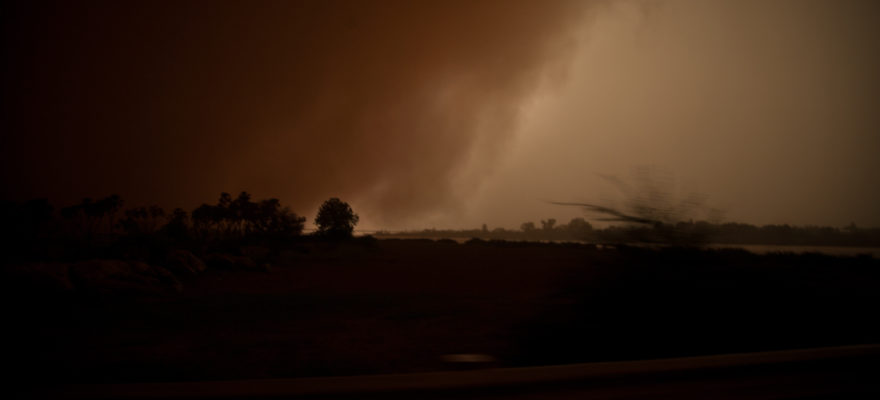
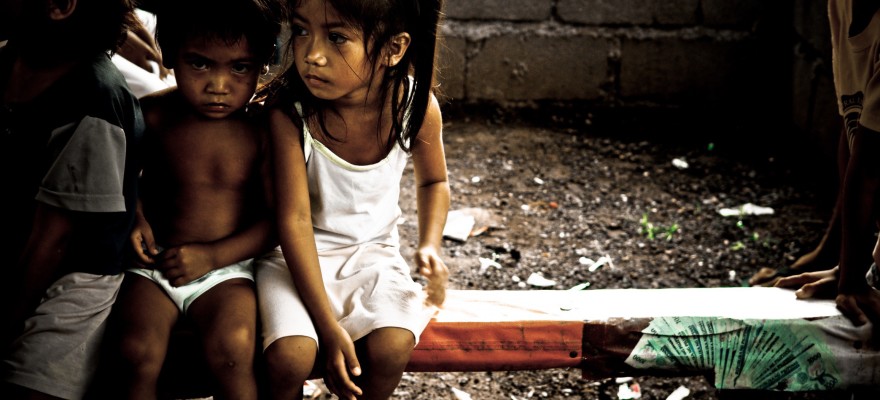
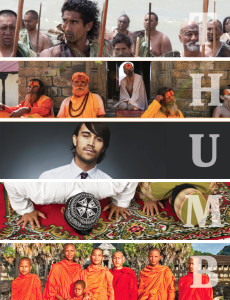 God has gifted General Baptists with varied and unique opportunities to preach the good news that “Jesus tasted death for every man.” Since the time of Benoni Stinson we have been faithful to the call of reaching every person with the gospel of Jesus Christ. The reality, however, is that in the world today there are still six thousand unreached people groups (Joshua Project). The call of the gospel and the command of the Great Commission, not to mention the echo of Benoni Stinson’s voice, is to “go into all the world and preach the gospel.” From Asia to Micronesia to Central America and the Caribbean we have faithfully proclaimed the good news that Jesus has indeed tasted death for everyone. The reality, however, is that there is much more to be done and much more we can do!
God has gifted General Baptists with varied and unique opportunities to preach the good news that “Jesus tasted death for every man.” Since the time of Benoni Stinson we have been faithful to the call of reaching every person with the gospel of Jesus Christ. The reality, however, is that in the world today there are still six thousand unreached people groups (Joshua Project). The call of the gospel and the command of the Great Commission, not to mention the echo of Benoni Stinson’s voice, is to “go into all the world and preach the gospel.” From Asia to Micronesia to Central America and the Caribbean we have faithfully proclaimed the good news that Jesus has indeed tasted death for everyone. The reality, however, is that there is much more to be done and much more we can do!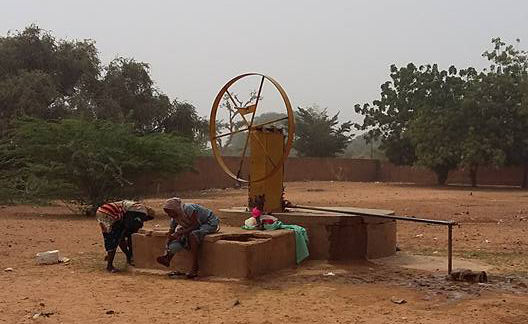
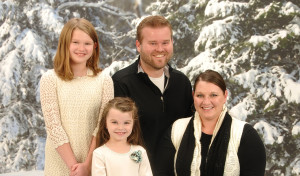 We believe very deeply that God has called us to make His name known among the unreached peoples of this Earth, to share Jesus with those who have never heard, to be intentional in our relationships with the purpose of sharing Jesus and to make disciples as we go where God leads us.
We believe very deeply that God has called us to make His name known among the unreached peoples of this Earth, to share Jesus with those who have never heard, to be intentional in our relationships with the purpose of sharing Jesus and to make disciples as we go where God leads us.